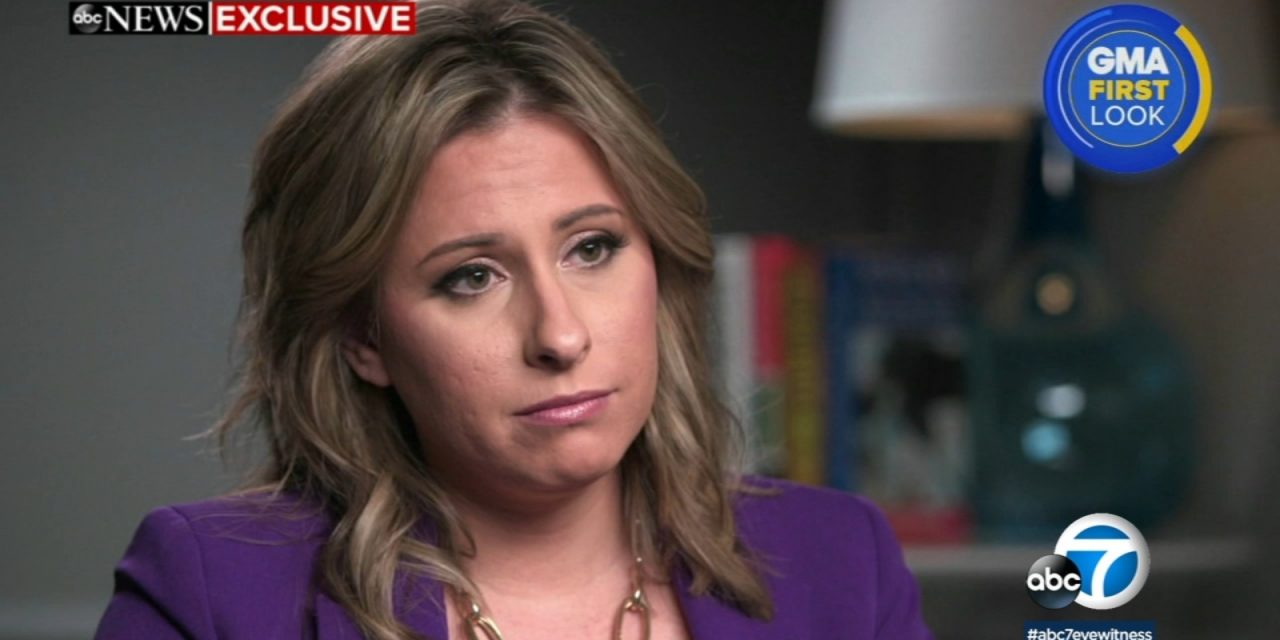There will be a special election on Tuesday in California’s 25th congressional district. The vacancy occurred when freshman Democratic Rep. Katie Hill resigned amid revelations that she had an extramarital affair with a 22-year old staffer prior to being elected. Hill’s seat was one of seven that the Democrats won from the Republicans in California in the 2018 midterm elections. The 25th District was traditionally red, but Hillary Clinton won it in 2016 by seven points, and Hill defeated incumbent Steve Knight by nine points in 2018.
There are indications that the Republicans will retake the seat in the special election. The two candidates are Democratic assemblywoman Christy Smith and Republican veteran and businessman Mike Garcia. Most polling has been internal and private, but reports are that Garcia has had a narrow lead. The early return of ballots also looks promising for Garcia, although FiveThirtyEight warns against making too much of that:
About 118,000 ballots had been returned as of May 11, according to Political Data, Inc, and at first blush, they bode well for Garcia — registered Republicans have cast 44.5 percent of them versus 35.6 percent by Democrats, plus 20.0 percent by independents or other parties. But these figures aren’t all that different from the ballots that had been returned the day before the March 3 contest, when registered Republicans had cast 45.0 percent of ballots compared to 36.6 percent by Democrats, plus 18.4 percent by others. Yet in the first round of voting, the Democratic candidates combined to win 51 percent of the vote, while Republicans won 49 percent.
Nathan L. Gonzales of Roll Call, suggests that the stakes are higher for the Republicans:
Garcia, a retired Navy pilot who flew combat missions in Iraq, is widely regarded as the better candidate. Even though Smith represents more than half of the district in the Legislature, she’s made mistakes (including downplaying Garcia’s military service in a video town hall meeting), while Garcia has been able to keep up in fundraising…
…A Smith victory would be demoralizing for Republicans. Even though it’s not the type of district Republicans have to win for a new majority, they have the better candidate, a strong contrast, and the consistent lead in the polls. To fall short now would be close to a disaster at this point.
Gonzales also points out that, should Garcia win, he will instantly become the most vulnerable Republican in the House of Representatives. The dynamics that might help him win in May are unlikely to be present in November when he will face Smith again. It won’t as much of a challenge for the Democrats to turn out low-propensity voters with Trump and Biden on the ballot.
So, in a sense, it may not really matter how the special election turns out. It won’t change how the House operates in the short-term and a Republican victory may be temporary. Presumably, Garcia’s chances of winning in November will be enhanced if he has the advantage of a few months of incumbency, but otherwise the main importance of the outcome will be in how it is perceived and how that impacts the behaviors of various political actors.
The perception will also be informed by a special election being held on Tuesday in Wisconsin’s 7th congressional district. This is a traditionally blue seat that was represented by the legendary legislator David Obey for decades before his retirement in 2011. Trump won it by 20 points in 2016. If the Democrats carry it in the special election, that will create a five-alarm fire with Republican lawmakers all across the country and many will seek to distance themselves from the president. Even a narrow win for the GOP candidate could have much the same effect.
Sometimes special elections are harbingers of what will come in the next general election, but that is not always the case, as Gonzales notes:
Remember Republicans won a high-profile special election in Georgia’s 6th District in 2017 and lost 40 seats (including Georgia’s 6th) the following year. Going further back, Democrats won a competitive special election in Pennsylvania’s 12th District in May 2010, six months before they lost 63 seats.
The results won’t necessarily help us figure out who will win in November, but they should have one of two consequences. Either they will spook the Republicans and create a wedge between them and their president or they will give the Republicans new confidence and cause them to cling to the president more tightly than ever.







